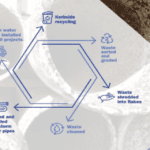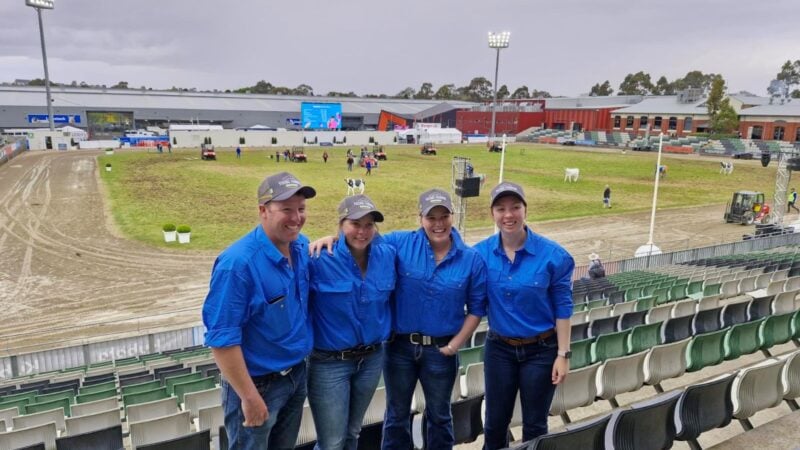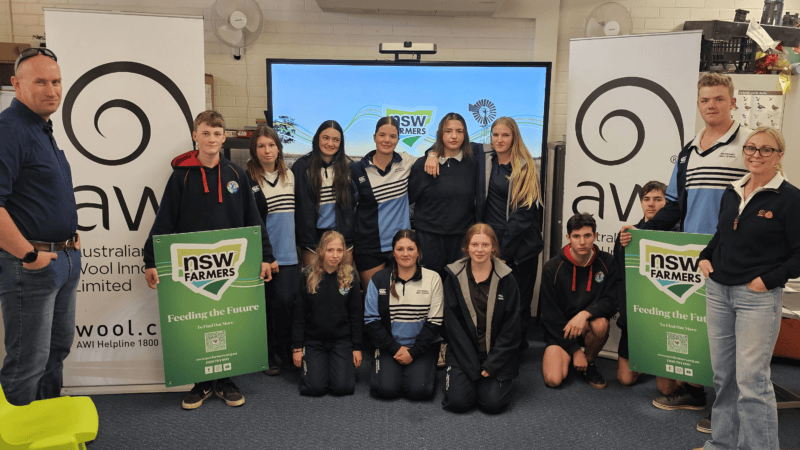The renewable energy hub project by Innovating Energy is possible due to grant assistance under…
Does green energy have too much power?
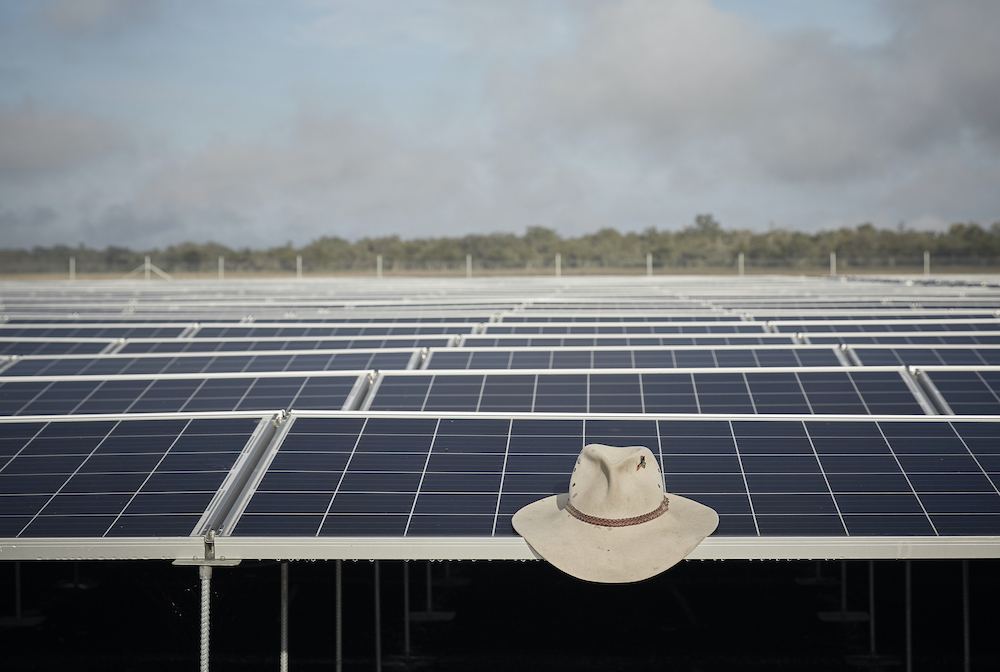
Rural communities are facing a renewable energy dilemma. While all agree that a renewable energy future is certain, there is growing opposition to large-scale projects due to a lack of community consultation regarding the location of renewable energy infrastructure.
It�s not just communities located within the NSW Government�s Renewable Energy Zones (REZs) who say their concerns about social, visual and noise impacts are being ignored. Large-scale green energy projects have recently been approved with minimal community consultation in the Riverina and Central West.
NSW Farmers has been bridging the gap in consultation with regional forums for farmers and rural communities impacted by large-scale projects, both within and outside the REZs.
EnergyCo and the Department of Planning and Environment (DPE) have supported the forums, including a recent forum hosted by NSW Farmers� branches in the New England region in Armidale.
Felicity Greenway, DPE Executive Director of State Policy, told the forum solar and wind development is permissible across a �lot of land in NSW�.
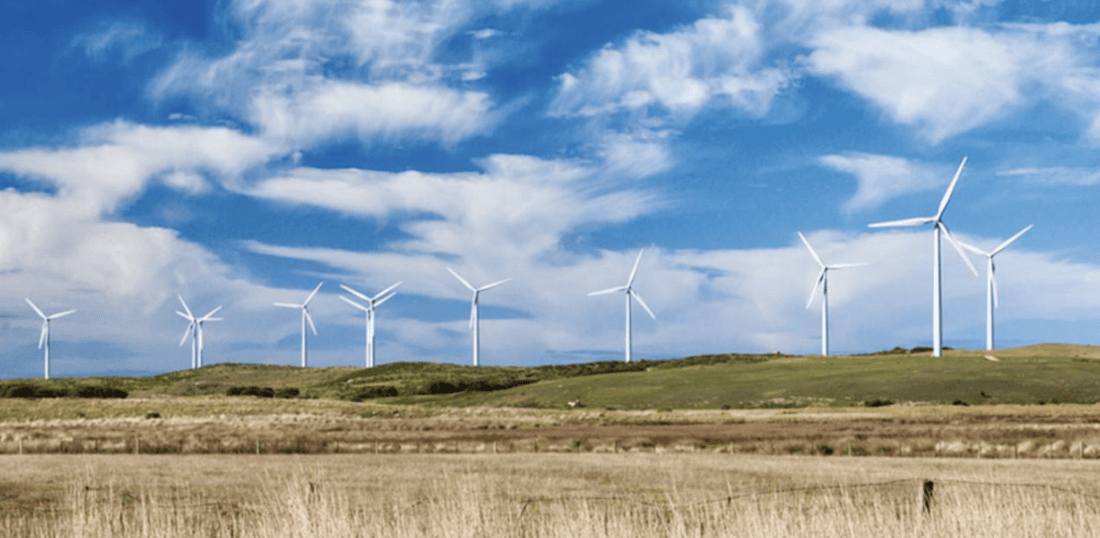
�Currently, solar and wind development can be proposed on any land zoned Rural, Industrial or for special uses,� Felicity says.
�The Minister for Planning is the consent authority for larger scale projects. If there are objections by the local councils, applications are referred to the Independent Planning Commission for determination.�
Felicity says the assessment process is rigorous, but admitted it was time to update the guidelines first developed in 2018 for large-scale renewable projects.
The Department is reviewing the guidelines and has promised a focus on improving transparency, the impacts on prime agricultural land, and the visual impact.
�The importance of community consultation cannot be underestimated, and I do agree that proponents historically and perhaps currently have not been good at it.�
Felicity Greenway, DPE Executive Director of State Policy.
�They can have a sense of entitlement to do whatever because it�s green energy. We are trying to steer a different course with our work as there is plenty of room for?improvement.
�In relation to wind projects, we probably have the most conservative noise standards for wind energy in the world, but if any new research comes in we are open to reviewing those standards,� she says.
�There have been wind projects that have been refused, particularly in the Southern Highlands region.�
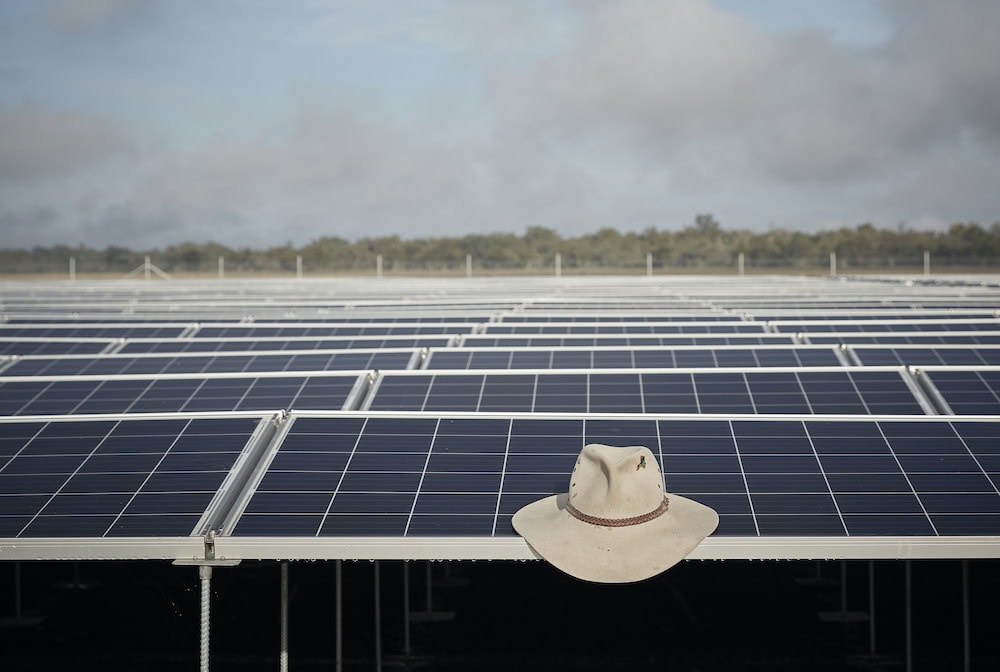
Matt Riley, DPE Specialist Planner, also spoke at the forum about changes to the development approval guidelines for large-scale solar projects.
�We want to encourage solar projects on less productive land and make it harder for proponents to do it on prime agricultural land,� Matt says.
�There are lots of disputes about the quality of land, and some of that comes down to the regional maps that are used.
�We are proposing to use the Soil Capability Class Mapping that covers the whole state, and all solar project applicants must verify this mapping through soil samples and water studies,� he says. �We also want to make sure that the visual impact on the application�s agenda is very early in the process.
�We want to provide more guidance for landholder agreements. NSW Farmers has developed some guidelines and I think it�s a great document. We are taking inspiration from it to double down and help provide that service.�
Matt Riley, DPE Specialist Planner.
NSW Farmers Uralla Branch chair Callan Schaeffer said the Department of Planning should have staff based in the regional areas where REZs are being developed to help build community trust.
�Having someone stationed locally that farmers can actually talk to would go a long way to smoothing out the process,� Callan says.
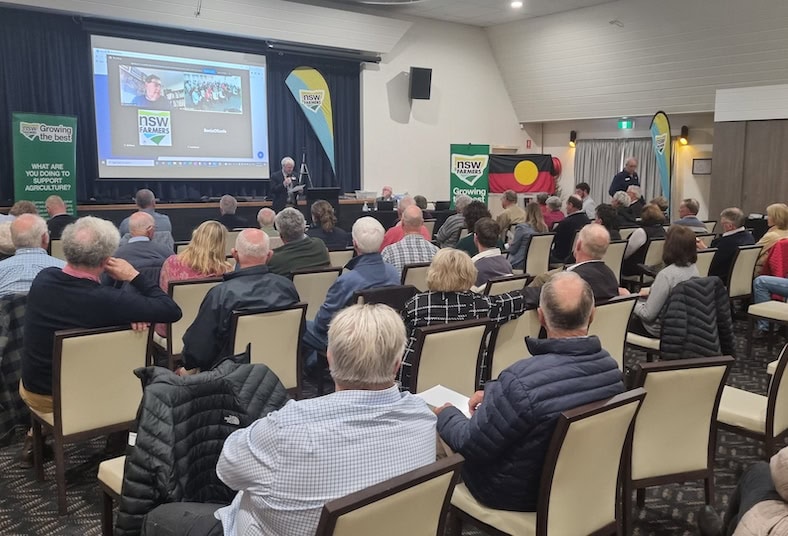
Local Councils want more say
The New England Renewable Energy Zone (NE REZ) will be 8GW in size, and is predicted to offset almost 11 per cent of Australia�s current CO2 emissions.
Armidale Regional Council Mayor Sam Coupland says this is the equivalent of planting 500,000,000 trees or removing 12.5 million cars from our roads.
�The contribution that the region is making in Australia�s reduction of carbon is nationally significant, but it is burdening our Council with significant financial and social costs,� Sam says.
Speaking at the NSW Farmers forum, Sam said the mayors of local councils in the NE REZ � Armidale, Uralla, Inverell, Glen Innes and Walcha � have set out three essential development approval conditions for the state government to mandate.�
The three conditions are a new requirement for project developers to provide a community contribution fee and decommissioning bonds, and demonstrate authentic community consultation.
�It�s not all-encompassing, and it won�t answer every bit of community concern, but we should have some clout in the decision-making process,� Sam says.
�We are still working on how a community contribution fee would be structured, but I would envisage it going towards a future fund for councils to use to benefit their communities in the long term.�
Armidale Regional Council Mayor Sam Coupland.
�Mines have decommissioning bonds, so why shouldn�t renewable energy projects? That would go a long way to removing some of the angst,� he says.
�I see these conditions as absolutely non-negotiable, but we have also set a number of what we call �desirables�.

�These desirables include that 75 per cent of any carbon offsets required for a project be purchased in the local government area, and that telecommunications infrastructure be constructed as part of the project.�
Former Orange City Council Mayor Reg Kidd said local government is removed from the planning process.
�We had a solar development proposed to council on the outskirts of town on some of our top horticultural land,� Reg says.
�The surrounding farms objected. Our council is not against renewable energy, but objected to the siting of this development, and we said there were better locations.
�The council ended up voting 10 to one against it, so the proponents took it to the western planning panel, who approved it,� he says.
�That planning panel did not come to Orange at all and I never got the chance to speak to anyone in planning. We were extremely disappointed and felt completely ignored.
Reg, who is Chair of the NSW Farmers Energy Transition Working Group, has welcomed a new report that states energy ministers must increase the benefits to regional communities that host large-scale solar and wind infrastructure to ensure continued support for renewable energy.
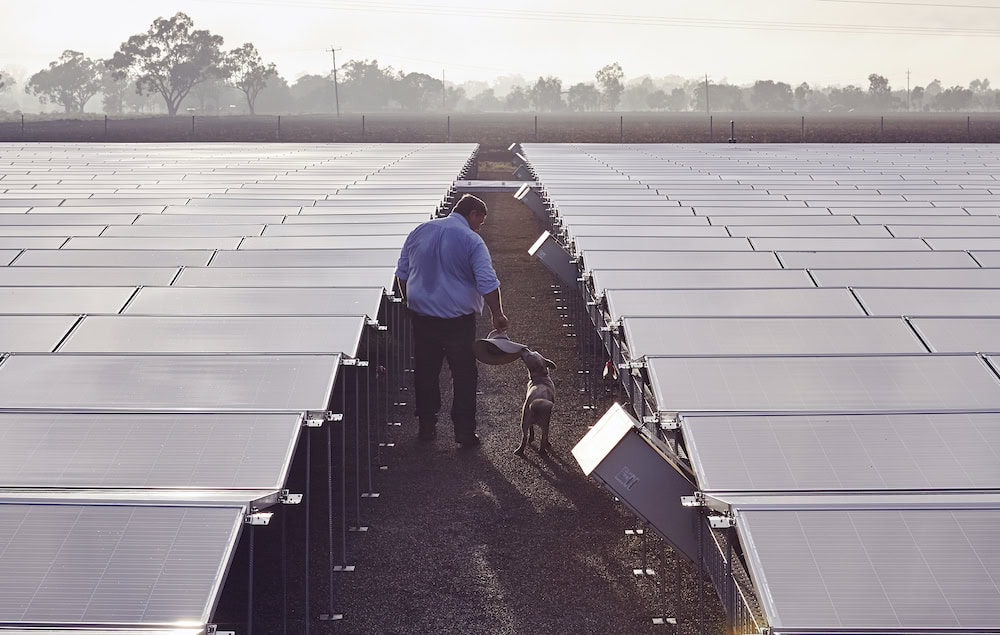
Published by the Australia Institute and the Sydney Environment Institute on June 15, the report says if the pace and intensity of development are not carefully managed and local benefits maximised it community conflict that could delay the renewable energy transformation.
Ag commissioner weighs in on green energy
The NSW Ag Commissioner, Daryl Quinlivan, is reviewing the renewable energy transition�s impact on the NSW Agriculture sector.
NSW Farmers has provided a comprehensive submission to the Ag Commissioner outlining 11 key recommendations to improve the interaction between agriculture and renewable energy projects in the planning system, and even out the playing field.
�At present, agriculture is not afforded adequate protection and consideration under the NSW planning system,� says former NSW Farmers President James Jackson.
�Agricultural land is not vacant land readily accessible for renewable energy projects. However, with the right conditions in the right locations, renewables and agriculture can co-exist and provide mutual?benefits.�
Former NSW Farmers President James Jackson.
�For it all to work, landholders must be provided information and consulted early in the process, have the opportunity to influence projects, and be made aware of their rights and options.�
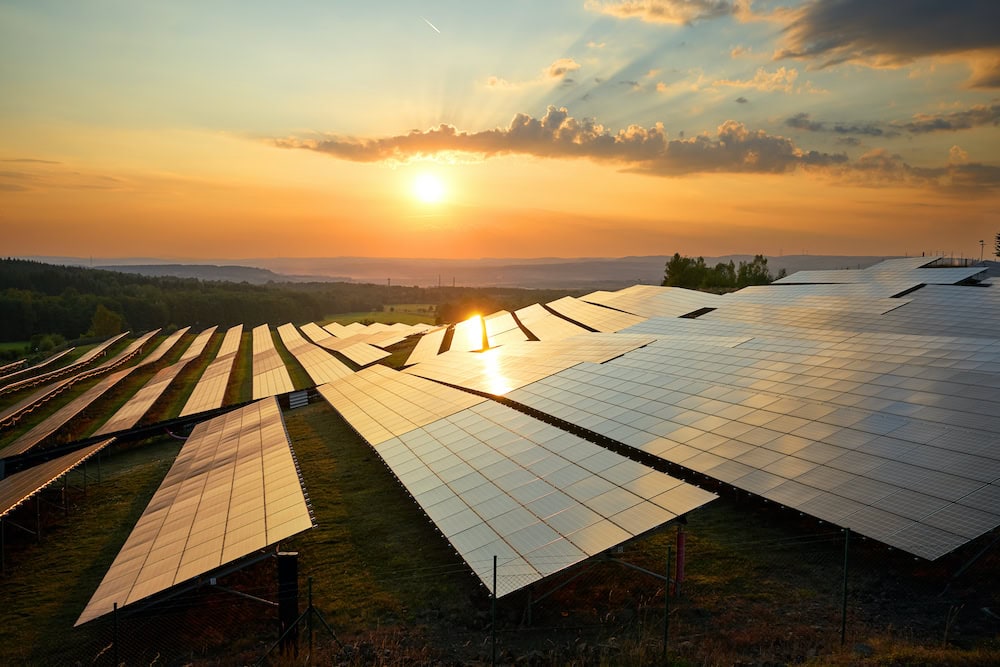
James says the need to reform engagement with regional communities and farmers is now, and the �mitigate, mediate, litigate� process of government and developers should be replaced with effective consultation, recognition of regional community values and agricultural production.
�The current dissatisfaction with developments stems from a lack of mandatory minimum standards for engagement and compensation, and no understanding of the end outcome of the transition footprint,� James says.
For instance, the decommissioning of large-scale projects at the end of their lifetime was a key issue of concern raised at the NSW Farmers forum in Armidale.
NSW Farmers has recommended that contracts for renewable energy installations must include clear obligations as to how the decommissioning of a site and rehabilitation will occur and who is involved.
If you enjoyed this feature on green energy, you might like our story on farmers saving the Great Artesian Basin from mining.


